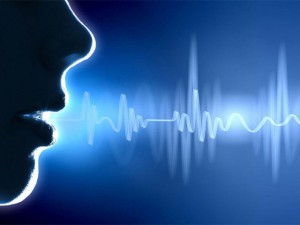Speech recognition IVR has become increasingly effective. Accuracy rates have improved drastically and the processing power needed to support the servers has increased. Once impossible complex applications are now not only possible, your customers expect them! User acceptance is strong, automated voices are natural, more “human”, making speech recognition the accepted standard of quality customer care.
Four types of calls lend themselves well to speech recognition applications:
- Informational calls. These repeat inquiries include: store locator calls, flight times and delays, retail order status calls and bank customers checking balances.
- Transactional calls. No matter how complex your transactions are, they can be adapted for speech recognition. Think about booking flights or hotel rooms, renewing prepaid accounts, or paying a bill with a credit card. Since speech recognition can upsell and cross-sell for you, you may even want to test it for your direct campaigns, especially to handle volume spikes.
- Calls that don’t play well in a simple menu. Speech recognition makes a whole range of offerings and services possible that couldn’t be automated with DTMF. Imagine a caller who wants to know if a particular test or treatment is covered by their health plan. With a speech recognition program capable of understanding words and phrases and alpha-numeric information, no longer are your customers restricted to a 12-button interface.
- Calls with an alphanumeric input. Despite the widespread use of text messaging, for many people it’s just not easy to input letters using a phone pad. Examples include non-numeric passwords, college course designations, part numbers, reservation confirmation codes and many others. A simple speech recognition application quickly solves this problem and leaves you with happier, less frustrated callers.
Want more? Check out VITEC’s Resource Library, V-Source, for the full article and other great contact center resources.

